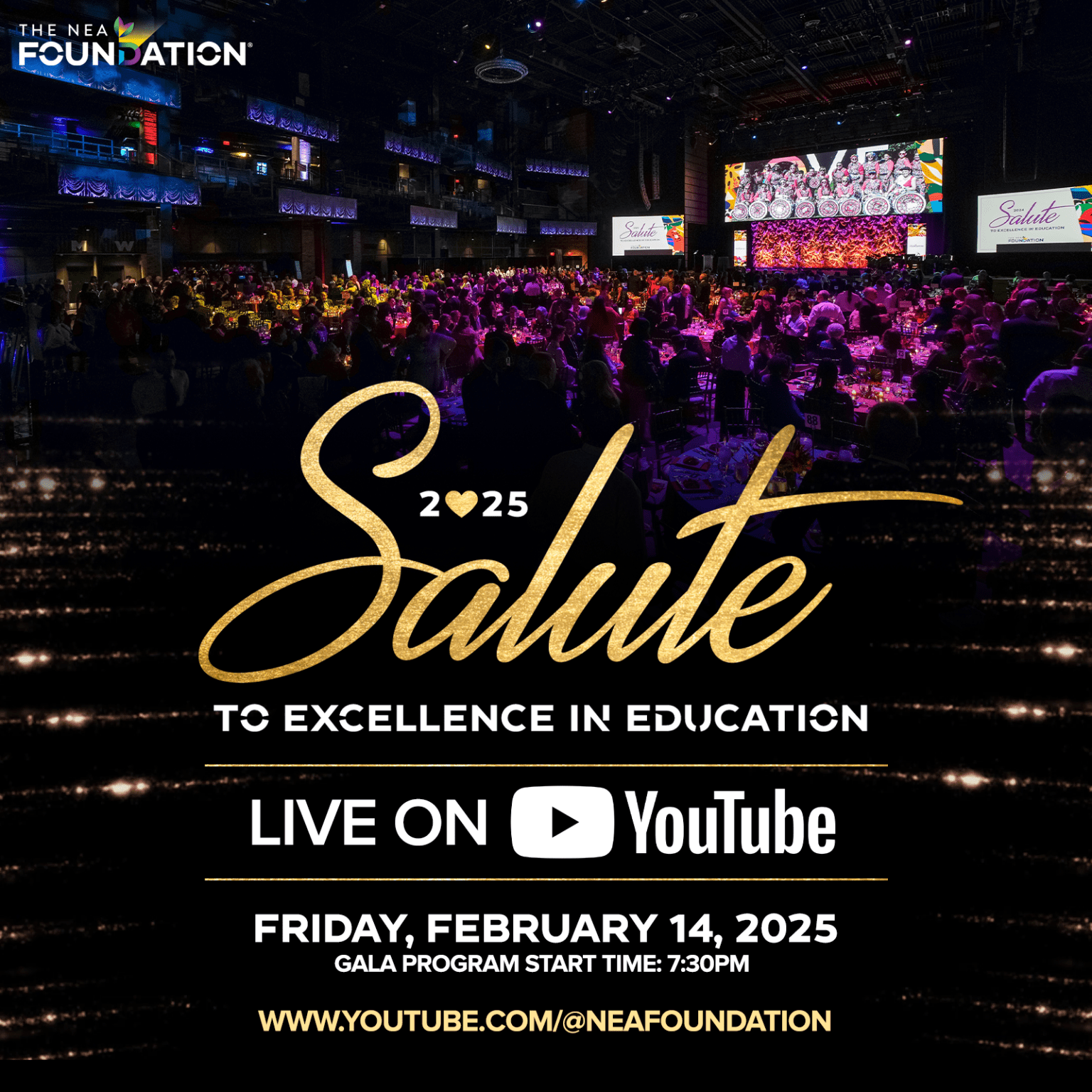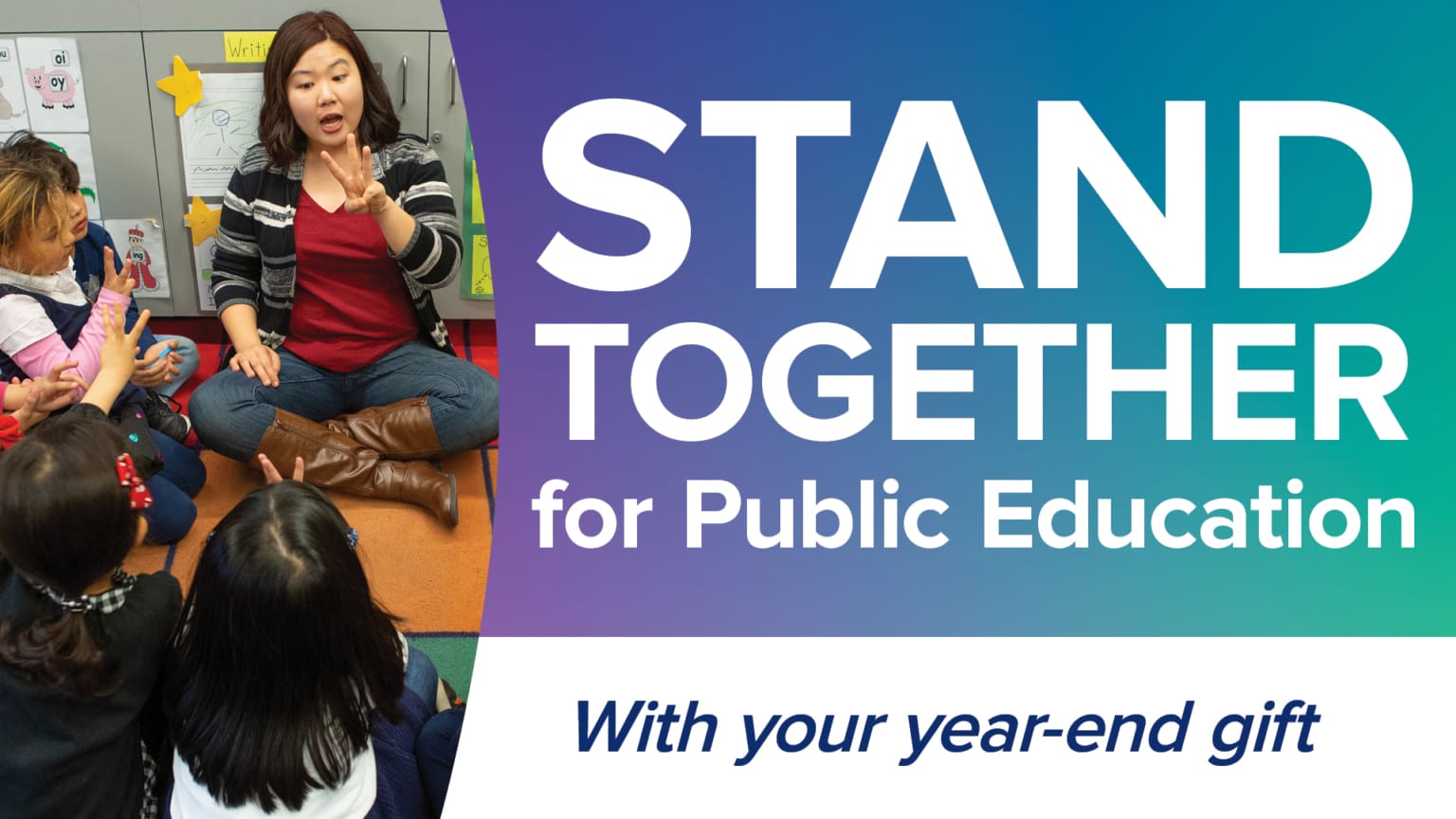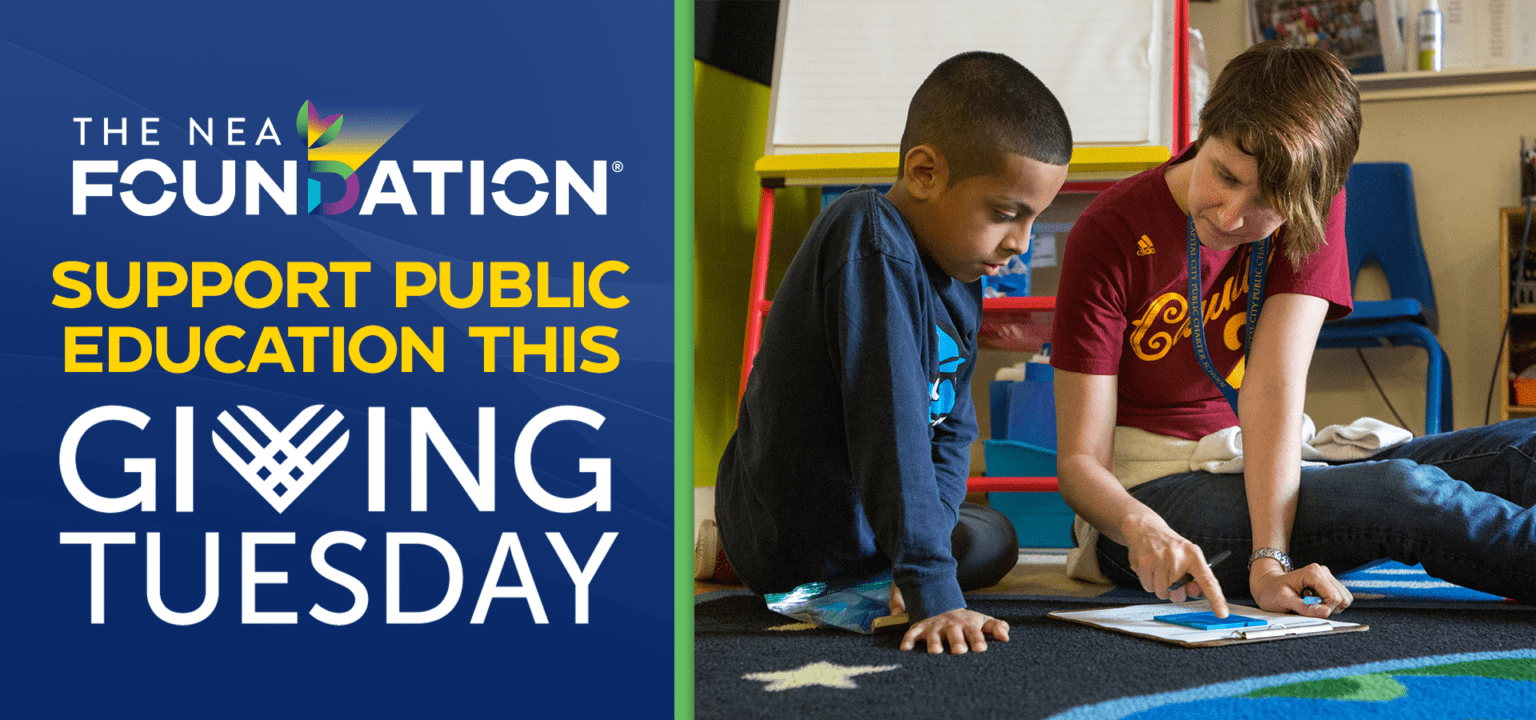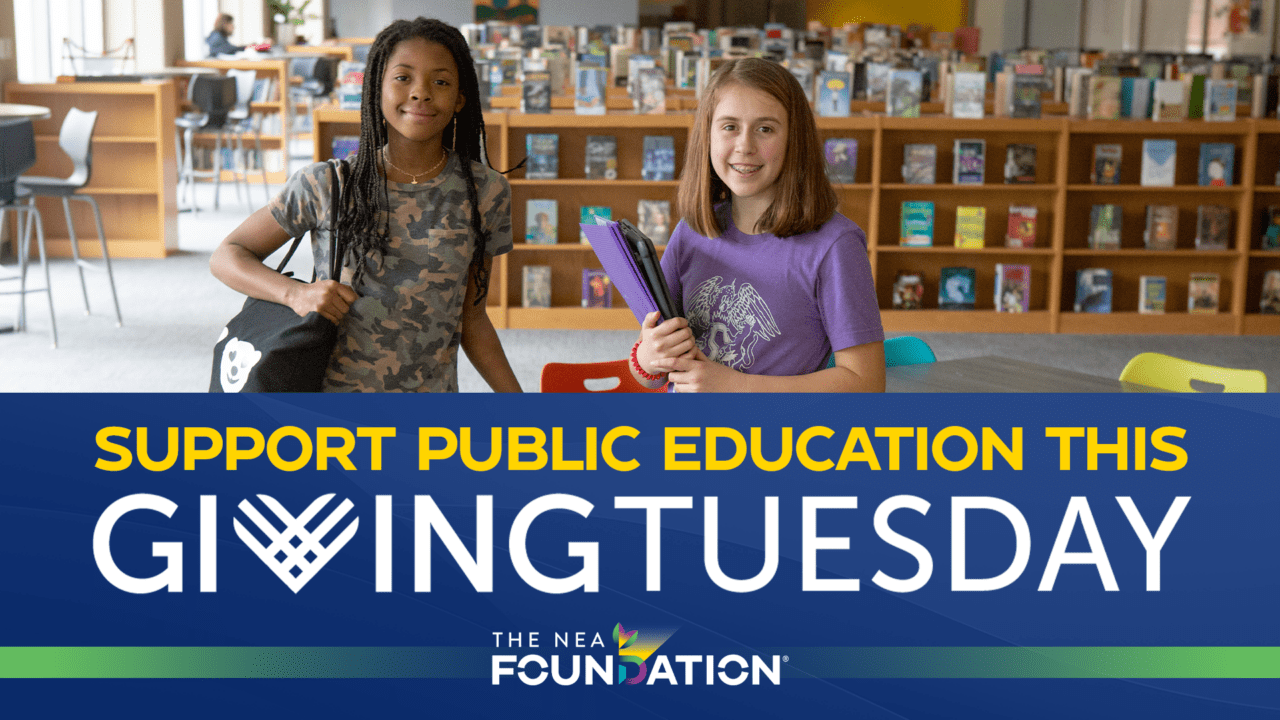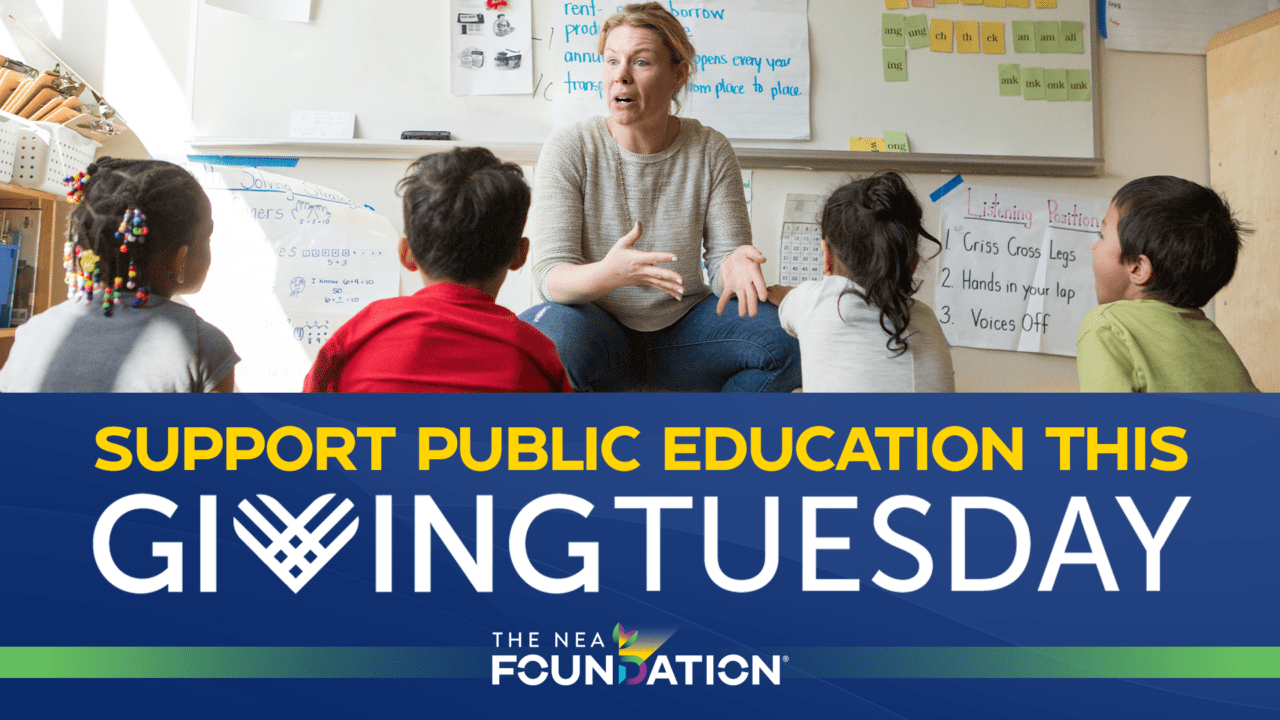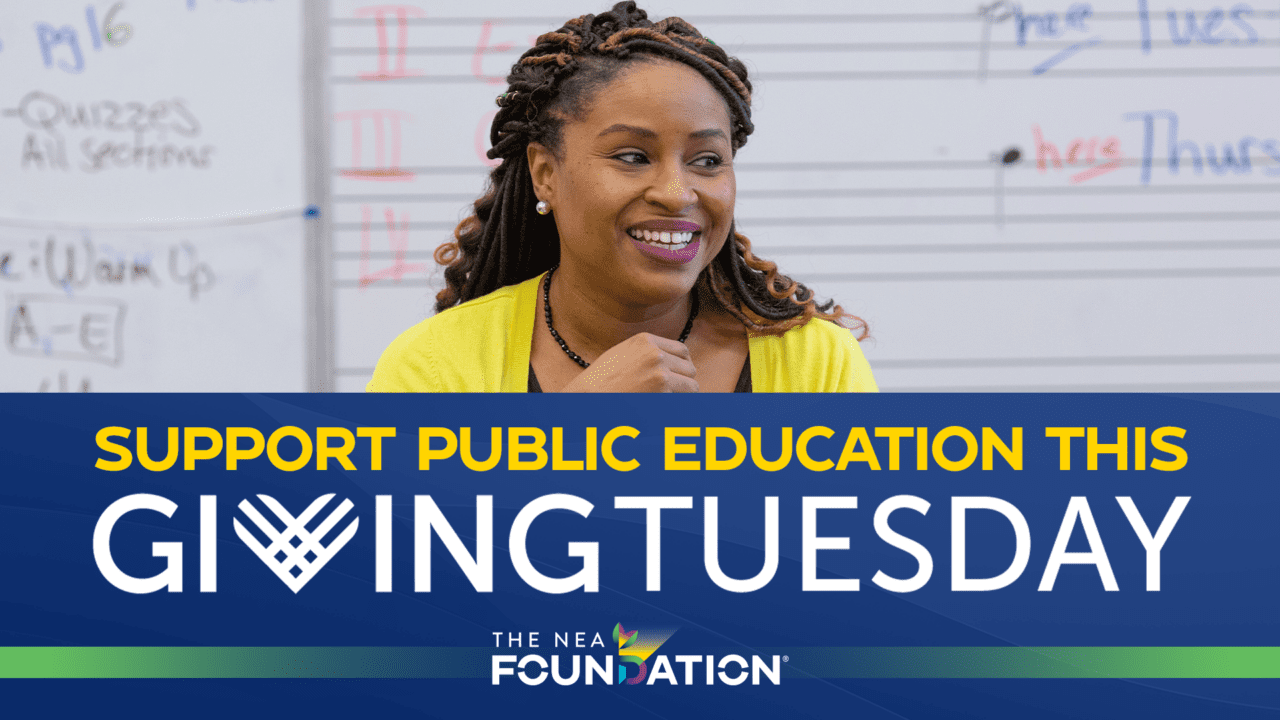 Tell us about your plans for your NEA Foundation grant project.
Tell us about your plans for your NEA Foundation grant project.
Half of my students are economically disadvantaged and have no access at home to literature. So I decided to use my NEA Foundation grant to combine the higher-level thinking skill of annotating— a way for students to hone critical analysis skills— with the means, access to literature that they could then use to build a home library.
How do you think your NEA Foundation grant money will help your students?
My students are taking ownership of classic pieces of literature. They are excited to highlight literary devices or discuss annotations, curious to see if their peers found the same ideas or if they were innovative and original in their thinking and analysis.
What is your passion— in or outside the classroom?
I think literacy provides a means for bridging societal gaps and helping all students succeed. Whether it’s putting novels into the hands of teenagers or children’s books into the hands of kindergartners, with my “Reading Buddies High School Mentor Program,” I want children to see what literature and education in general can do for their self-esteem and future.
Describe an “a-ha” moment, when you or your students (or both) have experienced a transformation in your thinking or learning.
I have told my students on numerous occasions that seeing their highlighted sections and handwritten marginal notes are more beautiful to me than any Picasso painting. One student asked if I wanted framed pages for Christmas this year. I also thought a major “a-ha” moment was when one student said that he can’t even watch movies anymore without noticing symbolism and wanting to annotate.
Featured NEA Foundation grantee Jenna Hixson teaches language arts at Southmoreland High School in Alverton, PA. Find more information about how to apply for grant funding and how to support education grants for teachers. The next deadline for application is June 1, 2014.

